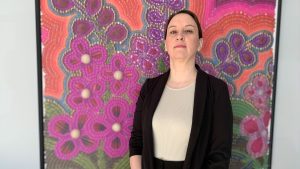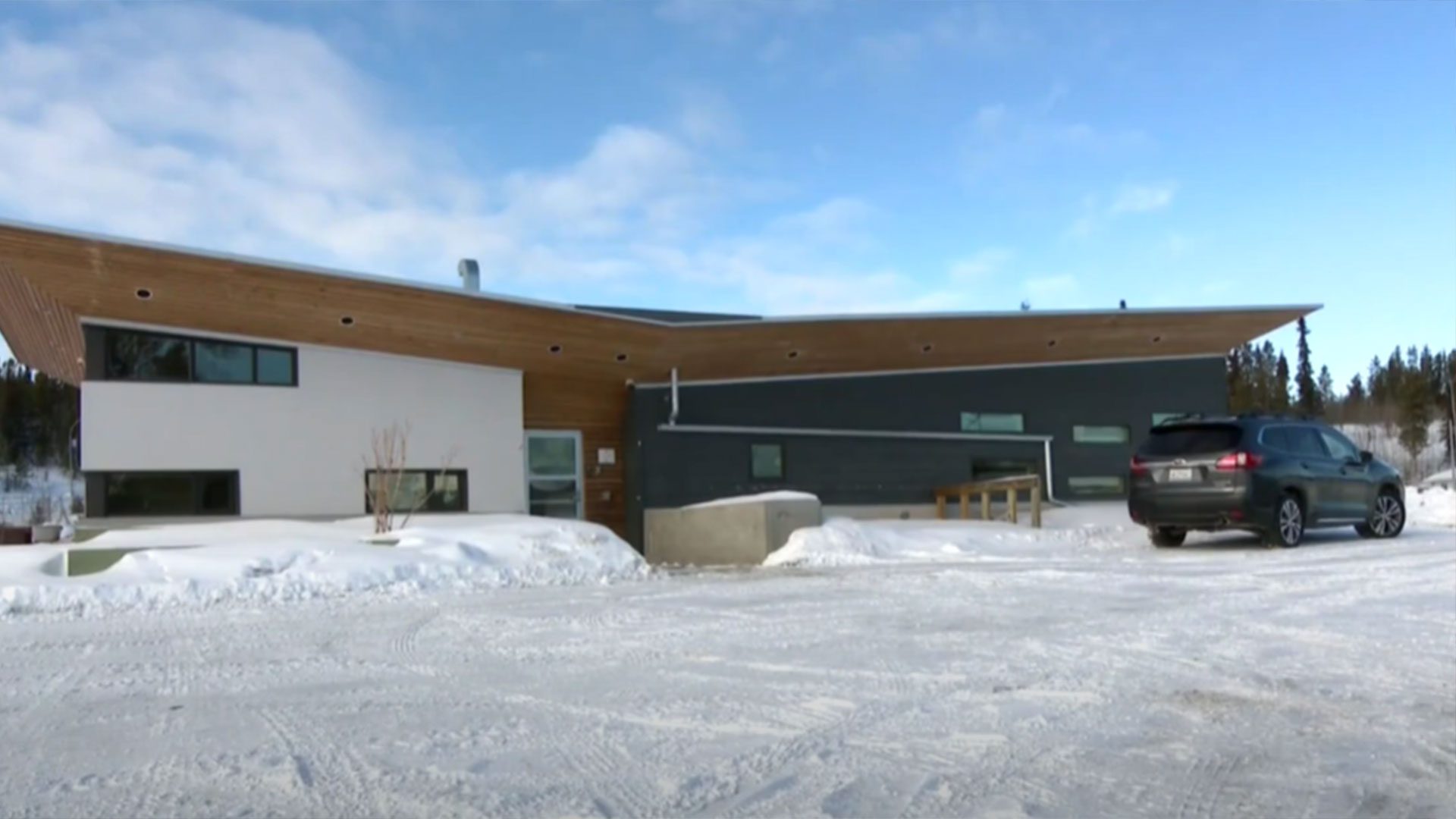The Council of Yukon First Nations says it’s disappointed with the Yukon government’s decision to pause the territory’s only women’s halfway house program.
“We know that Yukon First Nations and Indigenous women are overrepresented in the criminal justice system, this program ending really impacts Indigenous women,” executive director Shadelle Chambers told APTN News.
The government funded Takhini Haven women’s transition program opened in early 2023. Hailed as the first of its kind in the North, the program operated out of a building located on the property of the Whitehorse Correctional Centre (WCC).
Yukon government provided $1.2 million for the program, which could house up to eight women transitioning out of the criminal justice system, such as those who have completed a jail sentence and require supervised housing.
The program was operated by non-profit organization Connective. The Council of Yukon First Nations (CYFN) partnered with the organization to provide cultural programming.
Health and Social Services Minister Tracy-Anne McPhee told the territorial legislature earlier this month that the program was “not terribly successful” and had been paused in late September.
She said seven women lived there when it opened but all but one had left to deal with their issues elsewhere.
“It was the appropriate and responsible decision to put it on pause and to evaluate the program,” McPhee said.
Pausing program ‘not the only option’
But Chambers said CYFN would have liked to have been involved in finding other options for the program. She noted CYFN, Connective and the government could have worked collaboratively to find out what barriers women face when accessing the program.
“To see it be cut so suddenly and so shortly… there’s going to be some bumps along the way,” she said. “I know pausing or stopping a program is always an option, but it’s not the only option.”
Chambers said with no halfway house program in place, women transitioning out of the criminal justice who can’t meet certain conditions upon their release, such as housing, will likely be incarcerated at the WCC.
“It’s really important that we do have a program available for women, so that they have an option other than incarceration, so they have opportunities to connect with their children, attend programming in the community and get access to supports and services,” she said.
Read more:
Chambers also questioned why a building equipped to provide supportive housing is not being used.
“In the Yukon, we’re well aware of the housing crisis, so why would we have a facility empty when it could be utilized to help support some of our most vulnerable women,” she said.

Department of justice spokesperson Jasmine Doll said the government decided to pause the program “due to the low admission rates and conduct an evaluation of the service.”
Doll said the results of the evaluation are expected to be completed by March 2025.
The department said WCC currently has three female inmates, all of whom are Indigenous.











